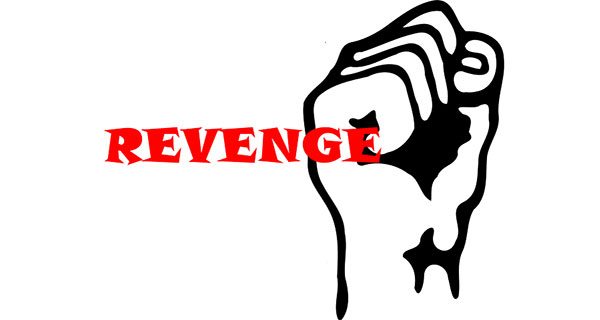Scientists cast contemporary light on neural processes supporting our wish for vengeance. Contemporary perception of the neural procedures that propel a wish for vengeance in the course of disagreement within groups has been published recently.
The study indicates that the love hormone oxytocin is escalated in the course of dispute within groups and impacts the medial prefrontal cortex, the component of the brain linked with our culpability pursuit. This engenders a profound feeling of love and empathy amidst a group that aspires to solicit revenge when assaulted by an exterior group. The discoveries may assist elucidate how a procedure known as conflict contagion can take place where a dispute that commences between a handful of individuals winds up proliferating amidst the intact group.
Lead author Xiaochun Han Doctor of Psychology and Neuroscience said that the inclination to pursue vengeance for an assault in the course of the dispute is common among humans, however, the neurobiological procedures that propel it are yet incomprehensible. Structuring upon former studies we indicate there might be a neurobiological mechanism that connects pain within a group known as ingroup engendered by an exterior group or outgroup with a propensity to seek revenge upon the outgroup.
To traverse this probable apparatus additionally, the team advanced a contemporary neural behavioral investigation that replicates legitimate vengeance in the course of disputes between groups. Oxytocin is known to enact a role in sensibility within a group and in controlling intergroup dispute, they wanted to scrutinize the oxytocin and neural reactions to ingroup enduring engendered by an outgroup and to observe how these reactions forecast a wish for revenge.





